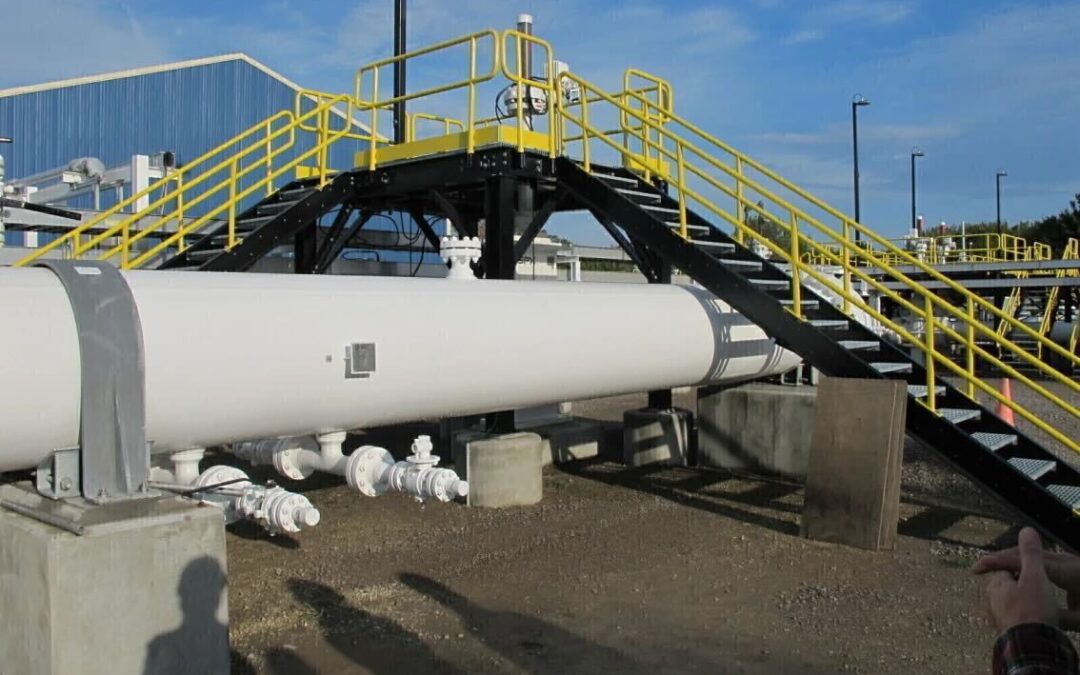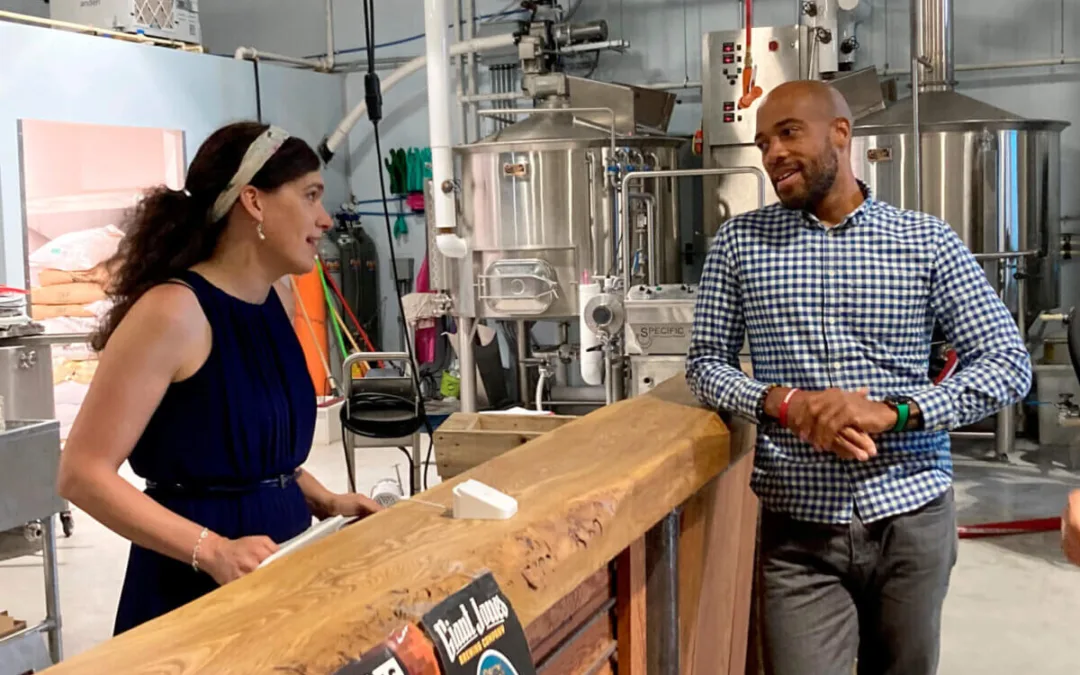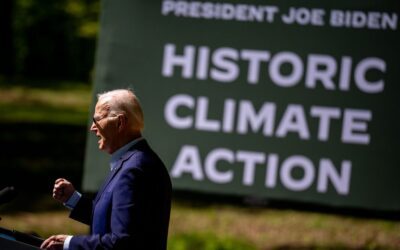
#image_title
The first exploratory drilling in Wisconsin since 2012 comes up empty for the mining company.
Mining company Badger Minerals has dropped plans for further exploratory drilling at a site in rural Oneida County near the headwaters of the Wolf River, according to reports from WXPR and the Milwaukee Journal Sentinel.
Badger Minerals wrapped up a round of minor test drilling at the end of June as it sought to determine whether the wooded land in the town of Schoepke contained enough valuable sulfide minerals such as gold and silver to warrant a mining operation there. The prospect of a sulfide mine in the largely pristine Northwoods worried nearby landowners and environmentalists who feared pollution from such an operation would have negative impacts on the ecology along the Wolf River and beyond.
“I think everybody in the Northwoods can take a collective sigh and relax a little bit right now,” said Ron Zabler, whose family owns property adjacent to the test-drilling site.
Badger Minerals’ test drilling was the first in Wisconsin since 2012 and the first in Oneida County since the 1980s. The company was able to do so because the state’s “prove it first” law—which required corporations to prove their mines would not cause pollution or environmental damage before they started drilling—was repealed in 2017 under former Republican Gov. Scott Walker. US Rep. Tom Tiffany, the former Republican state senator for the area who is up for reelection Nov. 3 for his Congressional seat, played a large role in the effort by pushing a pro-mining agenda.
Eric Quigley, Badger Minerals’ senior geologist, told UpNorthNews in an email that the drilling at Schoepke was done on two different tracts of land: one owned by Badger Minerals and another that the company considered buying. Quigley said the company decided not to buy the land it does not currently own.
However, Badger Minerals owns other land in the area and plans to continue mining exploration in Oneida County and elsewhere “within the region,” Quigley wrote.
“Depending on the success of these exploration efforts, it is likely that additional drilling could be conducted in the future,” Quigley wrote.
Even if Badger Minerals had decided to move ahead with a mine, it would have been as long as a decade before the plans came to fruition. Although the “prove it first” law was repealed, there are still stringent regulations under state statutes and Department of Natural Resources regulations. Further, only a tiny fraction of test-drilling operations—between 1 in 5,000 and 1 in 10,000, according to the US Forest Service—ever become a mine.
However, a comment Quigley made to WXPR has raised eyebrows among locals: He said Badger Minerals owns lands nearby in Schoepke and may try drilling at those sites.
“It’s not over,” said Ron James, who owns land downstream from Schoepke in Langlade County. “It looks like we have a little break for now, but as long as the minerals are in the ground and they know that there’s something down there, there’ll be continued activity.”
Sulfide mining can pose “several significant environmental risks,” according to the Minnesota Center for Environmental Advocacy, because sulfuric acid is released during the mining process. A 2012 study of 14 of the nation’s 16 copper sulfide mines found that all 14 have had at least one containment failure such as pipeline breaches and overflows that released sulfuric acid into the surrounding environment.
Eric Rempala, an aircraft mechanic and self-described water quality activist from Irma who owns land in Oneida County, said that while it feels like locals got a small victory, the Schoepke site won’t be the last test drilling in the Northwoods. He said he and other locals will not feel their land is secure until the “prove it first” law is reinstated.
“We feel like this is more a reprieve than anything else,” Rempala said. “It hasn’t changed anything as far as legislation.”

Wisconsin agency issues first round of permits for Enbridge Line 5 reroute around reservation
MADISON, Wis. (AP) — Enbridge’s contentious plan to reroute an aging pipeline around a northern Wisconsin tribal reservation moved closer to reality...

Think this is hot?! The number of 90+ days is expected to triple in Wisconsin
We expect summers to be hot. But dangerous temperatures are an entirely different beast. Every year, approximately 1,300 Americans die from exposure...

Here’s how to lower your home’s energy bill under the Inflation Reduction Act
It begins with assessing your home’s current energy use, planning improvements, then getting connected to the credits and rebates that can create...

Wisconsinites need to know how they can benefit from Biden’s clean energy efforts. Mandela Barnes is on it.
The one-time head of the governor’s climate change task force now helps connect Wisconsinites to historic levels of funding for energy efficiency...




